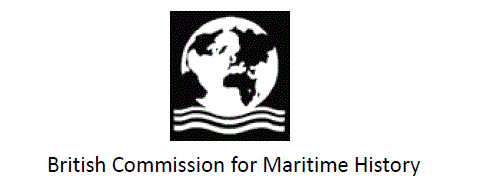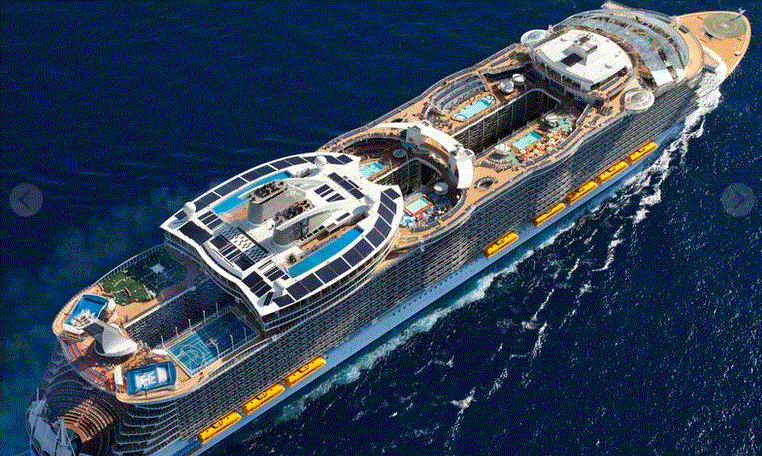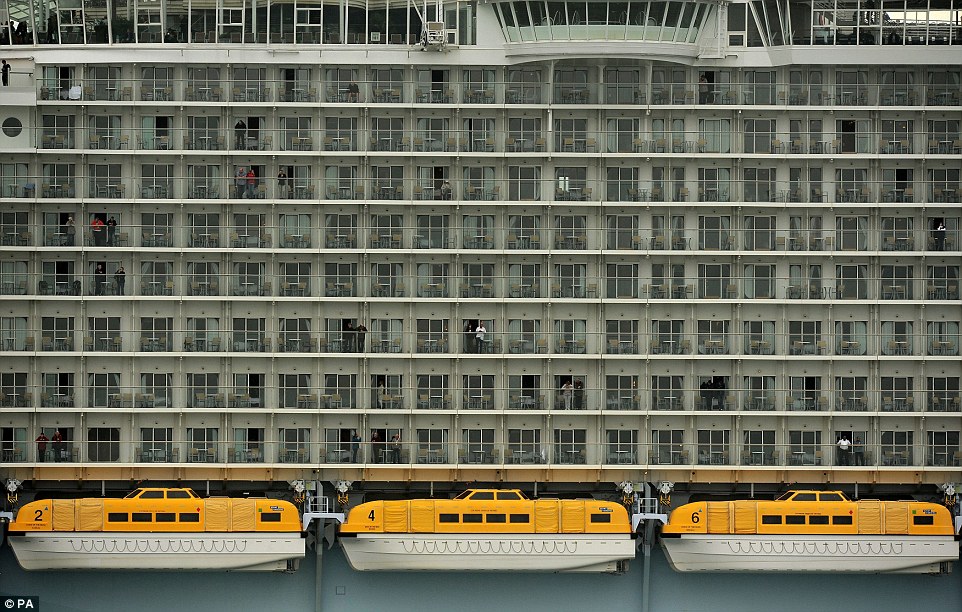By
Lisa Otto
Industry stakeholders and government officials from various countries met in London on 23 and 24 September to discuss maritime piracy in in West Africa under an inative organised by the America-based Oceans Beyond Piracy. With piratical act in the Gulf of Guinea rendering these waters some of the most dangerous in the world, threatening economic and security imperatives in the region of geostratefic importance; this issue was the focus of the discussion.
Following the meetings, in a conversation with one government official in attendance, the question of defining piracy was raised and the wide range of definitions varying in scope were highlighted. It was, however, decided that these interpretations had sufficient commonality for any fine -tuning to be set aside.
This, in my opinion, is an oversight and one that challenges how the problem may be approached. To provide background here, it is worth noting how piracy is defined, and why events in West Africa occur on the periphery of this definition.
International law under Article 101 of the United Nations Law of the Sea of 1982 holds that piracy is any violence, detention or depredation that take place on the high seas, is perpetrated for private gain, and gain, and occurs between at least two vessels. Much of this definition is based on law used to combat piracy during the so -called golden age in the 17th and 18th centuries, as well as an interpretation emanating for the Harvard Draft, compiled by academics in 1932.
In West Africa acts of piracy predominately take place in territorial waters, and have been perpetrated for motives that enmesh private gain, through organised criminal activity, with political grounds and forms of protest. On this basis, and unless expressly defined as piracy under the domestic law of the country in whose waters these acts take place, the internationally accepted definition can really not be applied here. In short, the use of the word piracy to describe these acts is mostly inaccurate and constitutes a misnomer. Nonetheless, scholars, government institutions, oil majors and shipping companies tend to refer to acts of robbery- at – sea and associated crimes as piracy, often for ease of reference.
While this approach make the phenomenon perhaps easier to categorize, what it fails to acknowledge is that the acts in West African waters present distinct model of piracy, which, although having similarities to other manifestations of the phenomenon, presents itself in a unique way. Of course, the word that we used to describe things are of utmost importance because they inform the way in which we understand them, and also often attach automatic assumptions and expectations. The key to being able to address piracy successfully is then in understanding differences within the phenomenon and appreciating the idiosyncrasies at play in various maritime domains.
Questions of piracy are further complicated by a dearth of domestic legislation in affected West African countries, which stems from sea-blindness- the failure to appreciate the sea as a political and economic domain that requires securitising. Not only does a legal framework often not exist under which prosecutions can take place, the lack of such framework underscore a shortfall in understanding amongst the various officials whose job it now becomes to tackle maritime insecurity in the Gulf of Guinea. Moreover, the international definition is this also inadequate to serve as guidance for these countries in building their own understanding and addressing piratical acts in their territorial waters.
As this is a problem that is affecting numerous countries within the Gulf in Guinea sub- region (although mainly emanating from Nigeria), states are also likely to take different routes to solving this definitional problem when attempting to construct framework for countering piracy . While there is a regional appetite for cooperation amongst states, this may in itself present a stumbling block in what routes regional platforms may have for their collective security.
There is an impression that due to the difficult nature of the task of fine- tuning definitions to be more inclusive of various manifestations of piracy, alongside the struggle in achieving consensus, it is considered too onerous a task, and one for which attendees at these September meetings simply did not have the enthusiasm.
The question of definition may seem a minor element of the issue at hand and consideration of being clearer on the words we use may be considered trivial, but is it important that there at least be some attempt at getting these basics right – once an understanding on what the problem, and could present an opportunity for streamlining of definition and method, bolstering a coppertative approach, which will go a long way towards achieving a shared vision on immediate and long- term actions to be taken.











